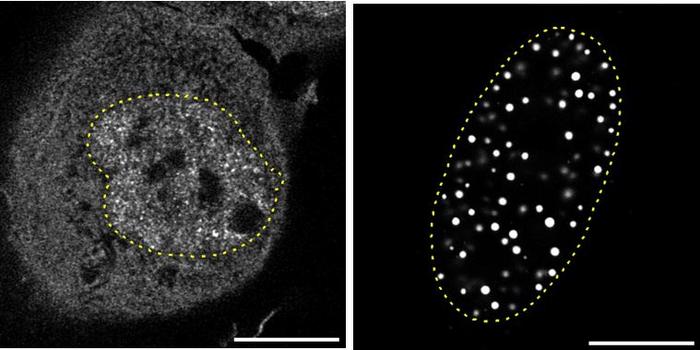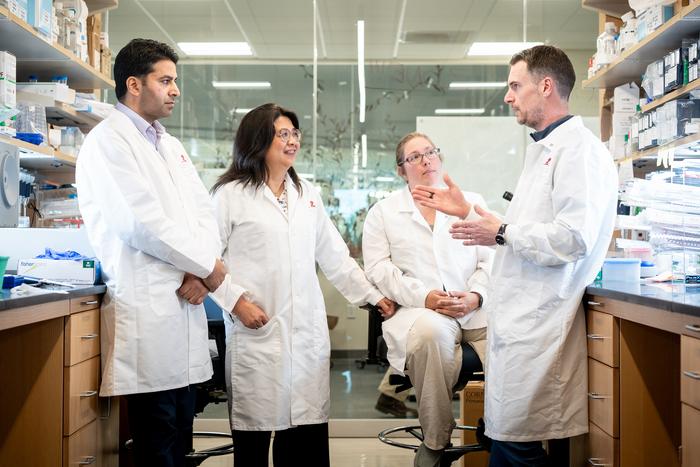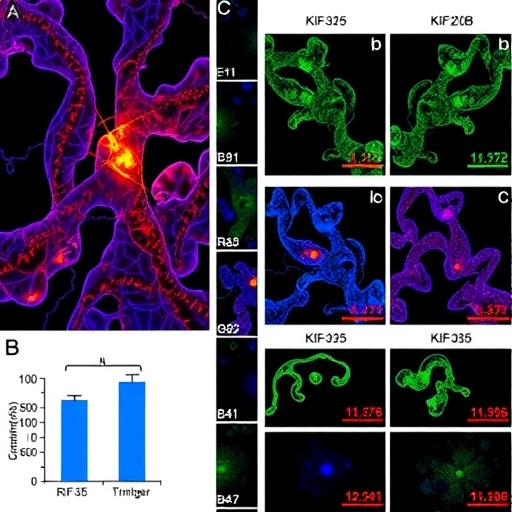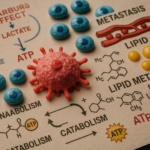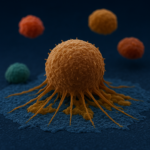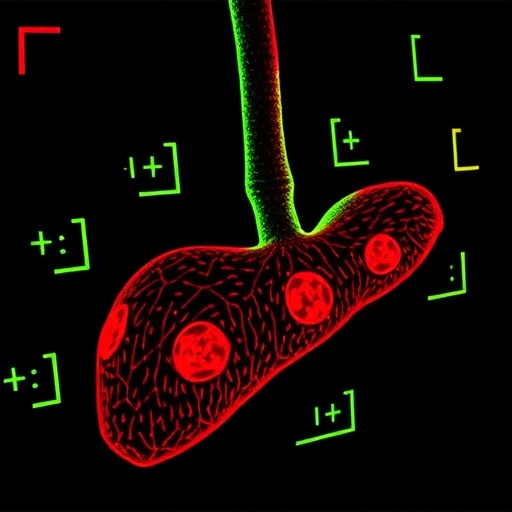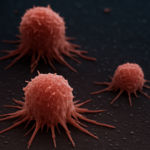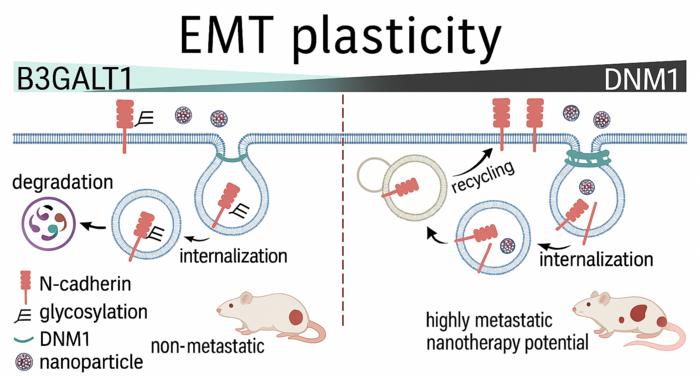Now Reading: EXOSC5: Akciğer Adenokarsinomu için Yeni Prognostik Biyomarker
-
01
EXOSC5: Akciğer Adenokarsinomu için Yeni Prognostik Biyomarker
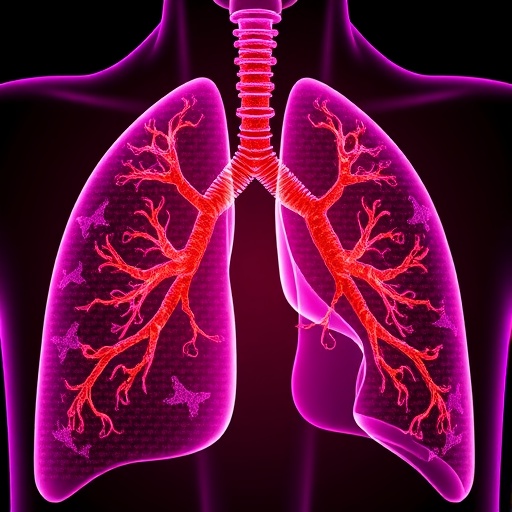
EXOSC5: Akciğer Adenokarsinomu için Yeni Prognostik Biyomarker
Lung adenocarcinoma, the most common subtype of lung cancer, has presented significant challenges for oncology, particularly due to its aggressive nature and high mortality rates. In recent years, there has been a greater emphasis on identifying molecular markers that can improve prognosis and inform treatment strategies for this devastating disease. A recent study has cast a spotlight on EXOSC5, a member of the exosome complex, which has shown promise as a novel biomarker associated with poor patient outcomes in lung adenocarcinoma (LUAD). The study’s findings, published in BMC Cancer, may lead to enhanced prognostic assessments and targeted therapies for lung cancer patients.
The team of researchers utilized data derived from The Cancer Genome Atlas (TCGA), one of the most comprehensive resources for cancer genomics, to scrutinize the expression levels of EXOSC5 in lung adenocarcinoma patients. By employing advanced bioinformatics methodologies, they meticulously analyzed the interplay between clinical data and EXOSC5 expression, revealing a significant correlation between high levels of this biomarker and unfavorable patient prognosis. This discovery fills a critical void in the existing knowledge surrounding LUAD and paves the way for further exploration into its specific role within cancer biology.
Validation of EXOSC5’s expression was achieved through rigorous laboratory techniques, including immunohistochemistry (IHC) and western blotting. These methodologies confirmed that EXOSC5 was present at significantly higher levels in cancerous tissues compared to adjacent non-cancerous tissues. The consistency in expression patterns across patient samples further supported the proposition that EXOSC5 could serve as a reliable prognostic biomarker for lung adenocarcinoma, potentially facilitating individualized treatment approaches.
The implications of EXOSC5 extend well beyond mere prognostic indicator. The research further delves into the functional significance of EXOSC5 in tumorigenesis. Utilizing gene set enrichment analysis (GSEA) as well as in vitro experiments, the study indicated that EXOSC5 plays an influential role in regulating critical cellular processes such as the cell cycle and proliferation. These biological activities are associated with enhanced tumor growth, thereby suggesting a novel mechanism through which EXOSC5 may contribute to the pathogenesis of lung cancer.
Additionally, the findings highlighted a concerning association between elevated EXOSC5 levels and resistance to anti-PD1 immunotherapy, which is one of the key treatment modalities for lung cancer. This aspect of the research poses complexities for therapeutic strategies, as the identification of biomarker-driven resistance mechanisms can enable oncologists to refine their approaches to treatment. The researchers emphasized the urgent need for targeted interventions that take into account the expression profile of EXOSC5 in order to achieve better clinical outcomes.
To further explore the prognostic capabilities of EXOSC5, the study developed a risk model that demonstrated superior predictive performance compared to traditional clinical staging systems for lung adenocarcinoma. This advancement signifies the potential for EXOSC5 to transform how clinicians assess patient risk and tailor treatment options, thereby optimizing therapeutic outcomes in patients battling this aggressive form of cancer.
Despite these promising findings, the researchers acknowledge that further investigations are necessary to elucidate the specific mechanisms by which EXOSC5 facilitates immune evasion and promotes tumor progression. Such knowledge is vital in developing novel therapeutic strategies aimed at targeting EXOSC5 and ultimately enhancing patient survival rates.
In conclusion, the identification of EXOSC5 as a novel oncogenic factor in lung adenocarcinoma represents a notable stride in cancer research. As a promising prognostic biomarker, EXOSC5 holds the potential to aid in crafting more personalized treatment approaches, which may significantly enhance survival rates for patients diagnosed with this malignancy. Furthermore, the dual role of EXOSC5 as both a biomarker and a therapeutic target encourages optimism for innovative solutions in the treatment of lung cancer.
This research not only underscores the need for an interdisciplinary approach to cancer treatment but also highlights the importance of ongoing investigations into the molecular foundations of diseases such as lung adenocarcinoma. The relevance of EXOSC5 represents a compelling argument for its inclusion in future clinical trials and therapeutic developments, as the fight against this formidable disease continues.
As the medical community grapples with the challenges posed by aggressive tumors, the incorporation of novel biomarkers like EXOSC5 may herald a new era in the landscape of targeted therapies and prognostic capabilities. The focus on markers such as EXOSC5 could very well lead to breakthroughs that not only enhance treatment paradigms but also improve patient outcomes and quality of life.
Ultimately, advancing our understanding of critical molecular players such as EXOSC5 sets the stage for a transformative journey in the management of lung adenocarcinoma. It is imperative for researchers, clinicians, and the broader healthcare community to collaborate and leverage these findings, working towards a future where patient outcomes are significantly improved through personalized and effective treatment strategies.
—
**Araştırma Konusu**: Akciğer adenokarsinomu ve EXOSC5’in biyomarker olarak rolü
**Makale Başlığı**: EXOSC5: akciğer adenokarsinomda kötü prognoz için yeni bir biyomarker
**Haberin Yayın Tarihi**: 2025
**Web References**: [BMC Cancer](https://doi.org/10.1186/s12885-025-14059-2)
**Doi Referans**: https://doi.org/10.1186/s12885-025-14059-2
**Resim Credits**: Scienmag.com
**Anahtar Kelimeler**: EXOSC5, akciğer adenokarsinomu, biyomarker, bağışıklık kaçışı, prognostik gösterge, terapi direnci.












